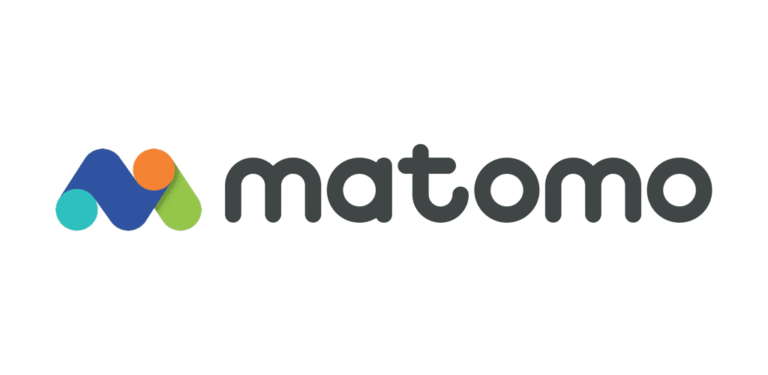In an era where digital privacy and security are paramount, selecting the right tools for data analytics can make all the difference. This article chronicles our decision to transition from Google Analytics to Matomo, driven by GDPR compliance concerns and the quest for improved data security. We hope this insightful journey through our transition serves as a beacon for others considering a similar move.
A Sobering Realisation: GDPR and Data Transfer
The General Data Protection Regulation (GDPR) provides stringent guidelines about handling and transferring data, particularly from the European Union to other regions. One of the driving factors for us leaving Google Analytics was the concern about data being transferred to the USA. Although Google Analytics provides powerful insights, the possible data transfer outside the EU introduced a level of risk we weren’t comfortable with.
The GDPR stipulates that personal data can only be transferred to countries outside the EU when an adequate level of protection is guaranteed. The departure of data from the EU to the USA raised some concerns about compliance with these regulations, ultimately motivating our transition to a more privacy-focused analytics tool.
The Search for a Better Alternative
This critical realisation sparked our search for a reliable, secure, and GDPR-compliant alternative. We needed a solution that wouldn’t compromise our commitment to data privacy and that would align with ours and our customers SEO strategies. The search led us to Matomo, an open-source, self-hosted web analytics platform.

Why Matomo?
Matomo emerged as an appealing choice for several reasons. Firstly, as a self-hosted solution, it offered us the power to control our data entirely. We could ensure our data wouldn’t leave the EU, enhancing our data security and mitigating any GDPR-related concerns.
Furthermore, the fact that Matomo is self-hosted meant that the setup process was entirely under our control. This enabled a seamless and straightforward setup, in contrast to third-party hosted solutions that often require you to navigate through a maze of settings and permissions.
Transition to Matomo
We embarked on our transition with a clear understanding of the task ahead. The implementation of Matomo into our workflow was surprisingly smooth. Despite the complexities often associated with self-hosted solutions, Matomo was straightforward to set up, which only further validated our decision.
Reaping the Benefits of Matomo
Having fully transitioned to Matomo, we began to experience the benefits. The most notable was the clear enhancement in data security. With our data firmly within the UK, we could assure our clients and ourselves of robust data privacy. By doing this, we had also eradicated any GDPR-related concerns surrounding international data transfer.
Looking to the Future
As we continue to forge our path with Matomo, we are not only confident in our decision to switch but also excited about what lies ahead. We believe that our commitment to data security and privacy will ultimately enhance the quality of our services, benefitting both us and our clients.
Conclusion
Our journey from Google Analytics to Matomo was not just about switching analytics tools; it was about reinforcing our commitment to data security and privacy. In an era where these attributes are of utmost importance, our transition to Matomo was a decisive step towards aligning our operations with our values. As we continue to leverage the benefits of Matomo, we look forward to providing our clients with the highest levels of service, fortified by our enhanced data security and compliance.
Our experience serves as a reminder that sometimes, the popular choice may not always be the right one. It underscores the importance of assessing tools not only on their feature set but also their compliance with essential regulations.
In a world increasingly aware of the importance of data privacy, we hope our journey serves as a helpful guide for businesses considering a similar transition. And as always, we remain committed to ensuring that our digital services align with the evolving demands of data security and privacy, further fostering trust and confidence with our customers.








